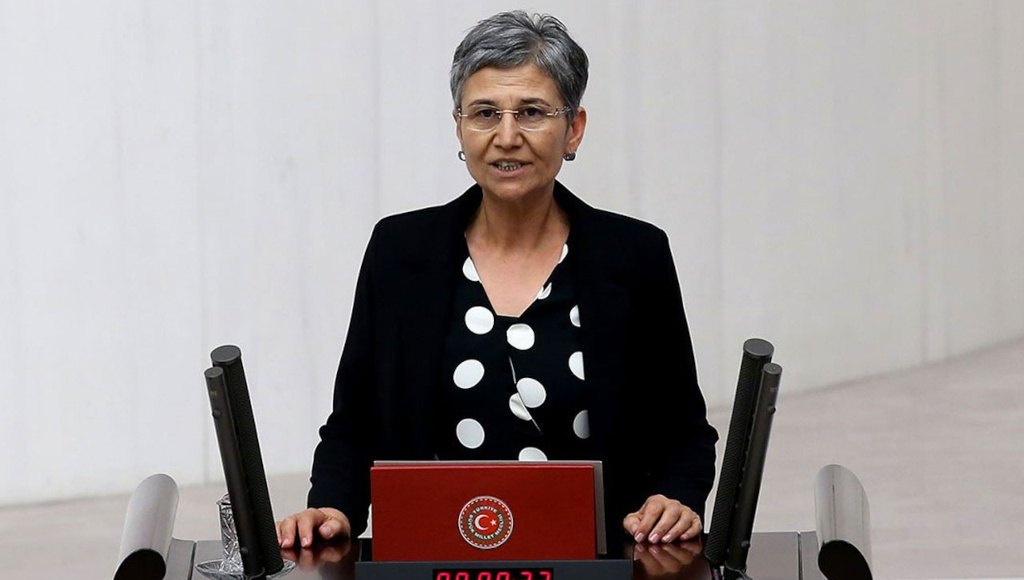The daughter of former Peoples’ Democratic Party (HDP) deputy Leyla Güven has claimed her mother was threatened with physical violence by a prison guard in eastern Turkey’s Elazığ T-Type Prison, the Stockholm Center for Freedom reported, citing the Duvar news website.
Sabiha Temizkan tweeted that a male guard told her mother to take her hands out of her pockets while she was being taken to be vaccinated. When Güven failed to comply, he told her she would pay for it.
According to Temizkan, other guards intervened to diffuse the situation but the guard continued his threats. “My mother will be filing a complaint,” she added. “There were security cameras where the incident occurred, so we will request that the recordings be reviewed.”
Temizkan said she feared for her mother’s safety after the incident. “When I went to see my mother in prison, she was escorted by six other guards. Normally only two guards escort prisoners, so this makes me wonder if they also fear for her safety,” she said.
Temizkan pointed out that the same male guard had similar confrontations with other prisoners in the past and said it was mystifying why his actions had not been investigated by the prison administration.
Reports of mistreatment, torture and threats in Turkish prisons have become worryingly common. However, according to a recent Human Rights Watch report, authorities are reluctant to investigate such claims.
İbrahim Temel, also an inmate in Elazığ T-Type Prison, complained about being threatened by prison guards in December. During visitation Temel showed his family the bruises on his body and asked them to save him. Temel said he was put in a solitary cell and a guard would come by and ask him why he had not yet killed himself.
Although Temel’s family filed a complaint, the Elazığ Chief Public Prosecutor’s office found no grounds for legal action against the guards. According to the prosecutor, there was no evidence other than the allegations of the complainant to indicate there had been mistreatment.
According to a report by the UN special rapporteur on torture and other cruel, inhuman or degrading treatment or punishment, on his mission to Turkey from November 27 to December 2, 2016, “torture and other forms of ill-treatment were widespread” in Turkey. “[T]here seemed to be a serious disconnect between declared government policy and its implementation in practice,” the special rapporteur noted.
The report found there were numerous consistent allegations received by the special rapporteur in the immediate aftermath of a failed coup in 2016 and that torture and other forms of ill-treatment were widespread.
The special rapporteur heard persistent reports of severe beatings, punches and kicking, blows with objects, falaka, threats and verbal abuse, being forced to strip naked, rape with objects and other sexual violence or threats thereof, sleep deprivation, stress positions and extended blindfolding and/or handcuffing for several days, according to the report.



